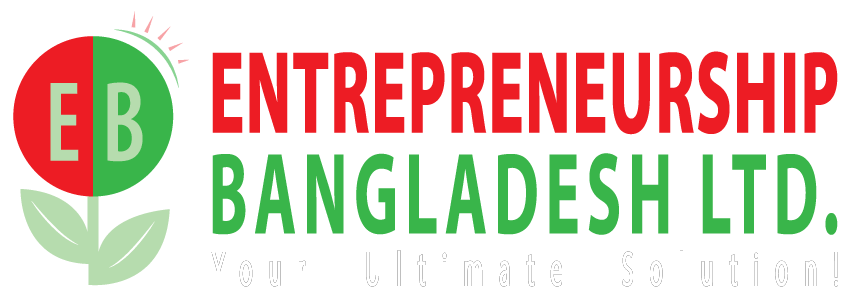Jute and Jute Products
Jute: Bangladesh’s contribution to GOING GREEN
One of the most ecofriendly and sustainable crops, jute, known as the golden fiber, is a natural fiber extracted from jute plant. With growing awareness for environment friendly products, the need for jute-based products has never been greater. One of the oldest industries in the country, the Bangladesh government has been nurturing the industry through continuous support and favorable policies and incentives creating investment opportunities for local and international investors.
Overview
Bangladesh is the second largest producer of jute in the world with an estimated annual production of 1.6 million tons in 2019 (FAO). There are about 220-245 private jute mills currently operating in Bangladesh. Out of these, 25 public jute mills are currently in the process of being leased to the private sector. In addition, there are about 700 diversified jute producers who employ between 50,000 to 100,000 people in the country.
Average domestic consumption of raw jute amounts to 1.16 million tons per year (BJSA). In addition, Bangladesh is also the top exporter of jute and jute-based products in the world with average exports of around USD 1 billion per annum.
2nd largest jute producer in the world
Top exporter of jute products in the world
Producer of the finest quality of jute
Bangladesh
Advantages of Bangladesh
Competitive Advantage
The shift in consumer demand for ecofriendly products is driving the demand for jute-based product globally. Combined with Bangladesh’s inherent expertise in cultivating and processing jute along with supportive government policies, there is a great opportunity for further investments in the sector.
Superior quality raw materials
Bangladesh has a rich and diverse agricultural heritage thanks to its fertile land and climate diversity. Tossa jute, produced in Bangladesh is considered to be the finest quality.
- Jute was cultivated over 7.5 hectares of land, 10% of the country’s agricultural area
Location
The country is blessed with over 200 rivers and waterways for processing raw jute combined with inexpensive water transport, good rail and road network.
Competitive work force
Bangladesh has a large mix of semi-skilled and skilled human resources available. Many public and private universities offer courses in textile and design while there are scientist research institutes conducting regular research on the potential of jute.
Investment Potential
With growing demand for ecofriendly products, the demand for products made of jute are growing worldwide. The government of Bangladesh is encouraging production of various diversified jute products through numerous fiscal as well as non-fiscal incentives such as export subsidies.
Investors have ample opportunity to increase exports in jute-based products such as
- Home décor products such as rugs, mats, carpets and floor covering;
- Jute furniture
- Footwear
- Packaging items such as shopping bags, sacks and bags;
- Geotextiles,
- Automobile accessories such as dashboards, door panels, etc.
- Jute stick
Incentives and Policy
| A company engaged in the production of jute products will pay income tax at the rate of 10% |
|---|
| The maximum tax rate for taxpayers other than companies will be 10%. |
| Reduced rate of TDS or withholding tax (Tax Deducted at Source): From Export earnings tax will be deducted at 0.5% rate, which is generally 1.0%. |

